What are the benefits of PVC-free Laminating Film?
As sustainability takes center stage in various industries, the shift towards eco-friendly alternatives has become more pronounced. In the realm of laminating films, the emergence of PVC-free laminating film has been a game-changer. In this article, we delve into the myriad benefits of opting for PVC-free laminating film, highlighting its positive impact on the environment and its superior performance.
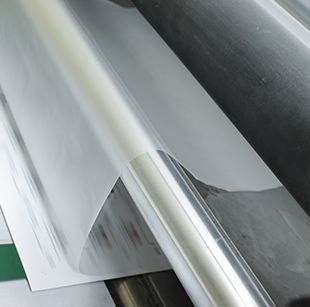
The Eco-Friendly Revolution
Environmental Friendliness
The primary and most compelling benefit of PVC-free laminating film is its commitment to environmental sustainability. Traditional laminating films often contain Polyvinyl Chloride (PVC), a material associated with harmful emissions and environmental concerns. In contrast, PVC-free alternatives are crafted from materials that are more environmentally friendly, reducing the ecological footprint of laminating processes.
Reduced Harmful Emissions
PVC, when subjected to high temperatures during lamination, can release harmful emissions such as chlorine gas. PVC-free laminating films eliminate this risk, providing a safer working environment for operators and contributing to a healthier atmosphere in workplaces.
Performance Excellence
Enhanced Clarity and Transparency
Laminating Film excel in providing exceptional clarity and transparency. The absence of PVC allows for a crystal-clear finish, ensuring that laminated materials, such as documents and graphics, maintain their original vibrancy without the cloudiness associated with traditional films.
Durability and Longevity
Opting for PVC-free laminating film doesn't mean compromising on durability. In fact, these films often exhibit enhanced resistance to wear and tear, ensuring that laminated items remain intact and visually appealing for extended periods. This longevity not only reduces the need for frequent re-lamination but also contributes to cost savings over time.
Advantages of Silicone Sealing Valves
What is a PTFE extruded tube?
What is a silicone umbrella valve?
What is the difference between MDPE and HDPE gas pipe?
What Material Is Used for High-Pressure Seals?
RPET: Transforming Plastic Waste into Sustainable Solutions
Exploring the Benefits of Flexible Hydraulic Hoses
Versatility and Adaptability
Suitability for Various Applications
PVC-free laminating films are highly versatile, catering to a wide array of applications. From preserving important documents to enhancing the visual appeal of promotional materials, these films offer a flexible solution suitable for diverse industries and purposes.
Compatibility with Different Surfaces
Unlike some traditional laminating films that may struggle to adhere to certain surfaces, PVC-free alternatives exhibit excellent compatibility with various materials. Whether laminating paper, cardboard, or fabric, these films provide a reliable and consistent bond, ensuring a professional finish across different substrates.
Making Informed Choices
Factors to Consider When Choosing Laminating Films
When selecting laminating films for your projects, it's crucial to consider factors such as environmental impact, performance characteristics, and the intended application. PVC-free laminating film stands out as a choice that not only meets high-performance standards but also aligns with sustainability goals.
Conclusion
In conclusion, the benefits of PVC-free laminating film extend beyond just environmental considerations. While contributing to a greener and healthier planet, these films offer superior clarity, durability, and versatility. As industries continue to prioritize sustainability, embracing PVC-free laminating film becomes a strategic choice for those seeking high-performance laminating solutions with a reduced environmental impact.
For more details please contact Yidu Technology
Featured content:Why Can't Natural Rubber Be Used to Make Products?
Can I Reuse a Dustproof Disposable PE Apron?
RPET Fabric: What You Need to Know
How to Prevent Rubber Hoses from Cracking?
What is the difference between recycled and post-consumer recycled?
Types of Industrial Hoses: A Comprehensive Guide
What Are Rubber Strips Used for?
272
0
0
Related Articles
-
346
0
0
-
145
0
0
-
393
0
0
-
144
0
0
-
238
0
0
-
Revolutionizing marine construction with innovative dredge hoses?
As the world's population continues to grow, so does the demand for resources and infrastructure.
241
0
0
-
386
0
0
-
382
0
0


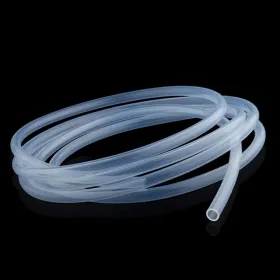
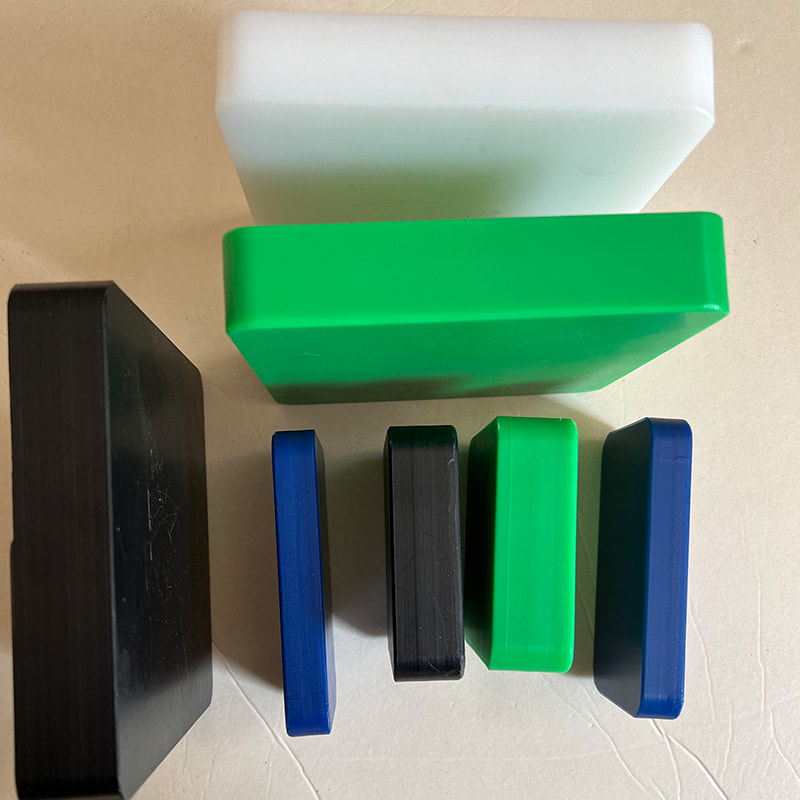
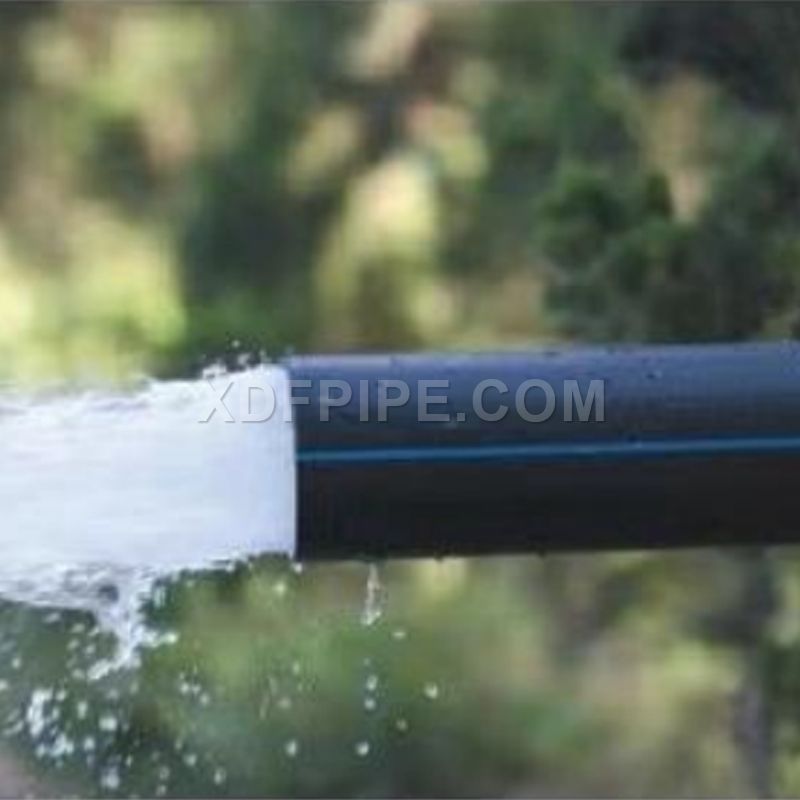

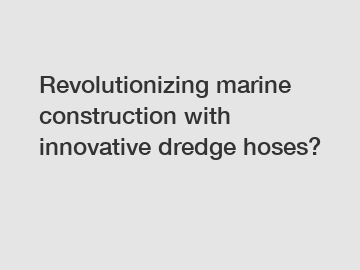
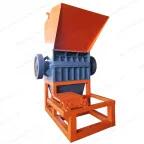
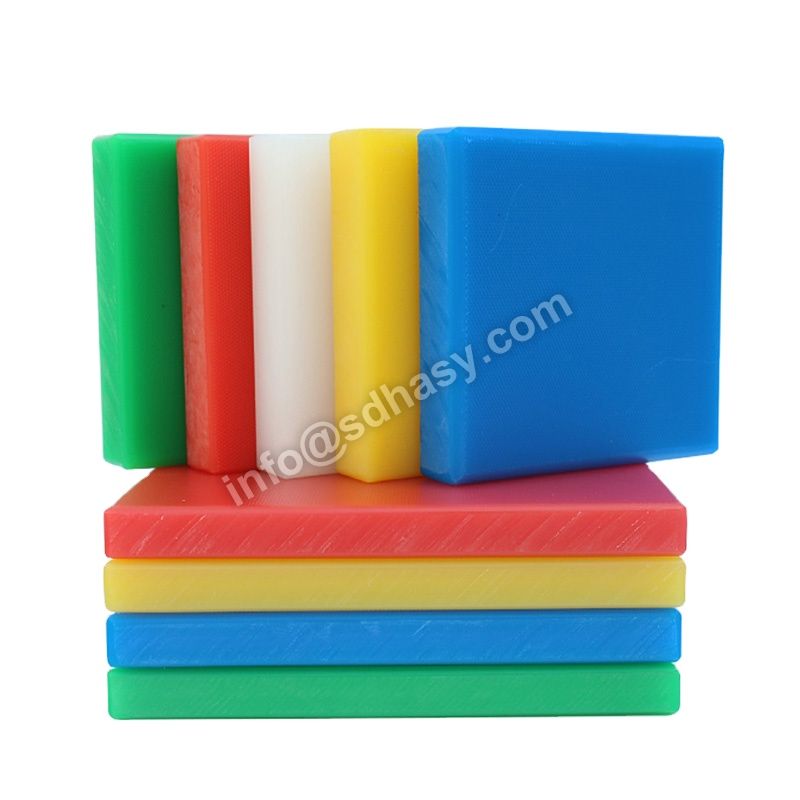
Comments
All Comments (0)